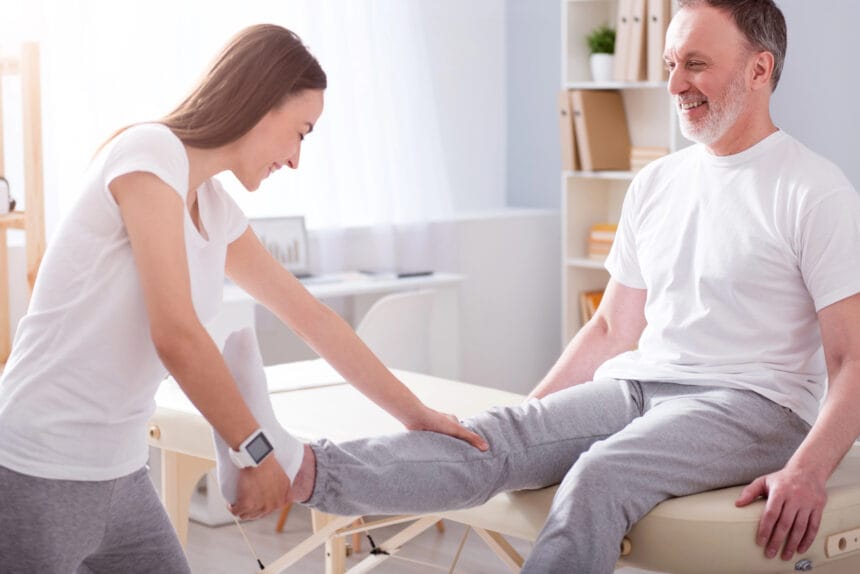Occupational therapy leverages everyday life activities to promote well-being, health, and one’s ability to participate in crucial tasks. As people get older, their motor skills start declining, and they’re also affected by specific health issues. Occupational therapy can help seniors get more control over their lives. Discussed below are four benefits of occupational therapy for the elderly.
Supports seniors with dementia
Seniors with dementia usually experience challenges with daily activities, including bathing, dressing, and meal preparation. They also have difficulties managing emotions, memory loss, wandering, and loss of interest in activities they once enjoyed. An occupational therapist works with an older adult to identify the areas in their life where they might be having difficulties and develop a plan to assist them.
Occupational therapists can also provide older adults living with dementia and their loved ones with the tools to maintain their emotional and cognitive function for as long as possible. Some examples of occupational therapy for the elderly include:
- Memory-boosting tasks like brain teaser games and crossword puzzles help keep the brain sharp
- Daily activities, such as bathing, personal care, and dressing, to improve the quality of a senior with dementia
Improves daily living skills
Most older adults struggle to perform daily life activities due to cognitive decline, chronic health issues, or physical limitations. Fine motor skills are essential for performing daily tasks like using kitchen utensils. An occupational therapist uses various exercises that concentrate on muscle strength in fingers and hands, eye-hand coordination, and dexterity to help the elderly get things done.
These activities help maintain independence while contributing to an older adult’s sense of freedom. A major part of occupational therapy teaches the elderly to perform everyday living activities independently and safely. Occupational therapy may introduce tools such as specially crafted kitchen utensils for easy eating and cooking, or shower modifications to ensure bathroom safety. These changes not only make daily living activities more manageable, but also less challenging.
Helps manage chronic pain
Pain in older adults causes functional impairment, falls, reduced appetite, social isolation, impaired sleep, and depression. Occupational therapy helps address chronic pain in the elderly using a holistic approach that deals with the psychological and physical elements that contribute to pain. Occupational therapy helps seniors manage chronic pain through:
- Activity modification: An occupational therapist can work with a senior to adapt daily activities to minimize pain and enhance function. This can include suggesting assistive devices, including raised toilet seats and grab bars, or modifying daily routines to prevent pain triggers
- Assistive technology: An occupational therapist can train seniors to utilize assistive technology to manage pain
- Exercise: Physical activities are crucial for managing pain, and occupational therapy can help the elderly develop safe, effective workout programs. This can include teaching stress management and relaxation techniques to help seniors rethink negative thoughts concerning pain
Boosts cognitive function
Cognitive function is a widespread concern among seniors, and it results in challenges with memory, decision-making, and problem-solving. Occupational therapy enhances cognitive function via different interventions, including memory games, problem-solving activities, and cognitive exercises. These activities:
- Keep a senior’s brain engaged and sharp
- Reduce the likelihood of cognitive impairment
- Lead to the delayed start of age-related neurodegenerative illnesses
Endnote
As people age, their motor skills start declining, and they may face challenges performing daily activities. Occupational therapy helps the elderly with dementia care, improves daily living skills, manages chronic pain, and enhances cognitive function.

